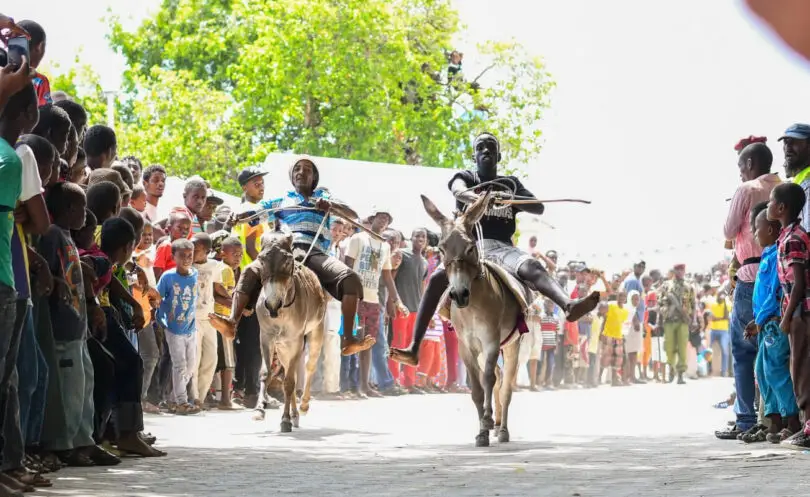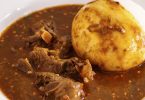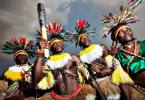What have you heard about the Lamu Cultural Festival in the past? Most probably the tall tales of this Swahili Island on the Kenyan Coast.
Donkeys, a rich Swahili cuisine, dhow cruises on the Indian Ocean are the reason you always want to visit. Moreover, the benevolent people of Lamu are quite a charm with their warmth and urge to share the island’s history.
You finally have this opportunity in 2023 with the start of the four-day annual festival kicking off on November 30. Lamu is the heartbeat of the Swahili culture and it is during this festival that you feel it all. This festival is a fantastic way to discover more about the Swahili people and immerse yourself in Lamu’s rich culture.
Table of Contents
Lamu Cultural Festival 2023 Dates
The Lamu Cultural Festival this year kicks off on November 30 through to December 3. The celebration honors the Swahili people’s distinctive culture and traditions. There are traditional dances, music, cuisine, and crafts during the four-day event.
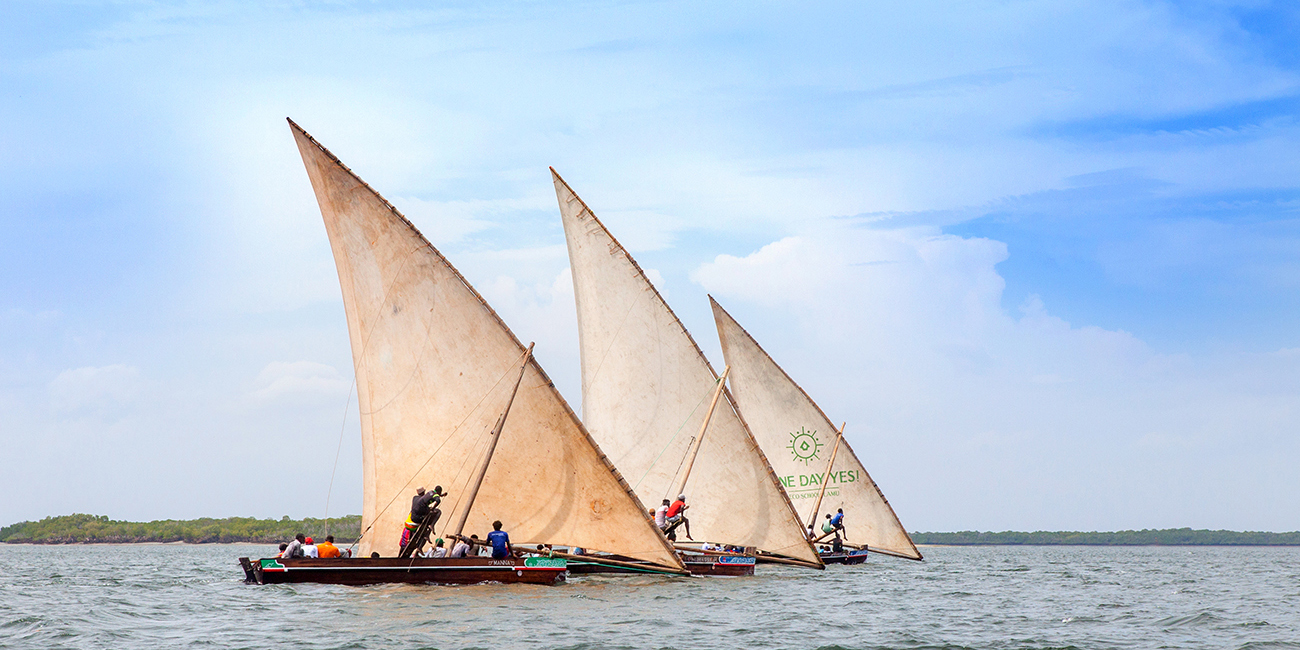
Dhow cruises in Lamu. Photo/The Fort Shela
What is Lamu Cultural Festival?
This colorful festival honors the rich cultural history of the Swahili people through the annual cultural carnival on the island. Over the course of four days, the festival immerses guests in an enthralling fusion of traditional entertainment, delectable food, and handcrafted goods. These are the fabrics that hold together the norms and traditions of the Swahili people.
Highlights of the event include the exciting donkey races, which highlight the speed and agility of these well-loved animals. Thrilling dhow races, which take place on gorgeous sailing vessels gliding across the turquoise waters also draw a lot of attention. Additionally, henna painting competitions show the creative outlet for those looking to express themselves artistically.
Traditional Swahili poetry performances are also a big part of the festival taking audiences on a wonderful literary journey. Swahili poetry is a literal tool for expression and praise altogether.
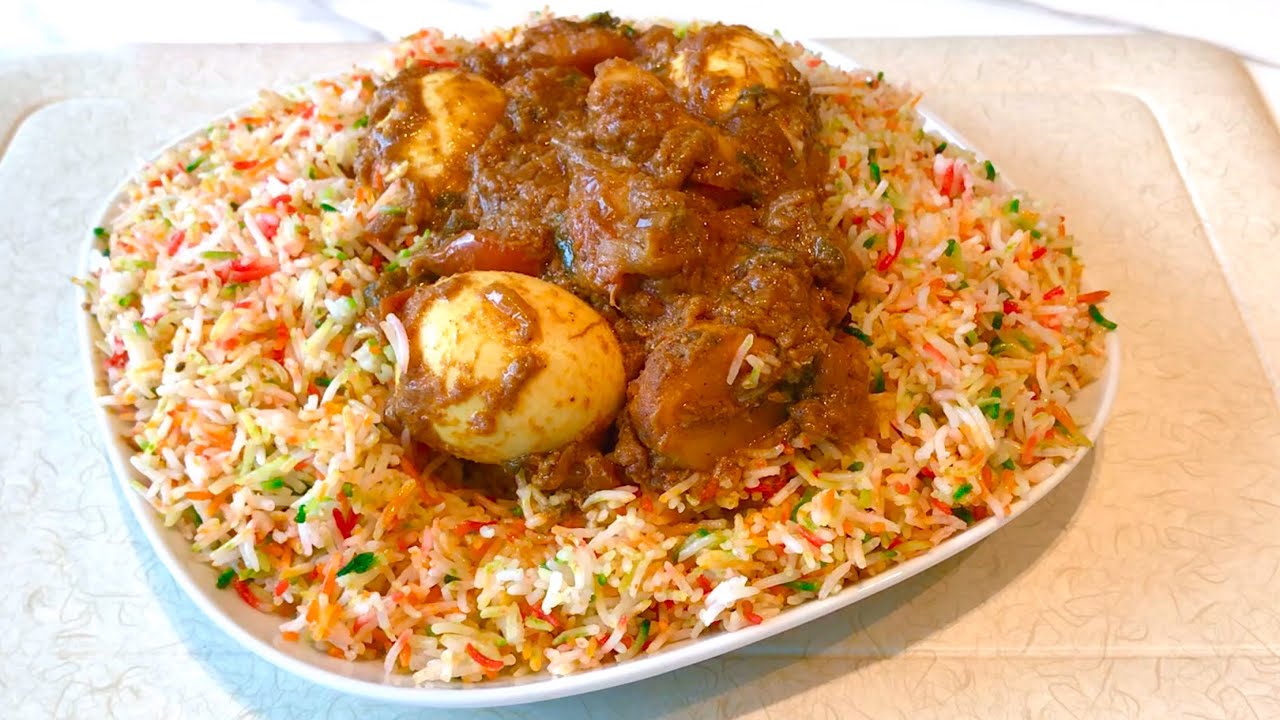
Swahili Biryani. Photo/YouTube
Lamu Cultural Festival also has tournaments, which highlight the Swahili people’s intellectual strength via strategic gameplay. Games have a different outlook in this part of the Kenyan Coast because they promote the fostering of harmony amongst people. Moreover, enticed by the fragrances of food stalls, visitors are drawn to explore the festival and experience the flavors of traditional Swahili cuisine.
Food is neatly half the reason hundreds of people travel to Lamu for the festival. Authentic Swahili food dots every corner of the island and it is sumptuous. Beyond the fascinating architecture of Lamu, food delights those who attend the cultural fest in a big way.
Lastly, handmade goods, painstakingly created by regional craftspeople, provide distinctive mementos while protecting the island’s creative heritage.
What is Lamu Famous For?
The fascinating island of Lamu is rich in culture, history, and scenic beauty all of which make it a famous tourist destination.
Architecture
Popular as a UNESCO World Heritage site, Lamu’s charm sits in the way it combines gorgeous architecture, tranquil beaches, and age-old Swahili customs. Its maze-like passageways, ornately carved wooden doors, and towering mosques are a sight to behold. Lamu architecture is a harmonious blend of Swahili, Arabian, Persian, Indian, and European influences, reflecting the island’s rich history of trade and cultural exchange.
The architecture is characterized by its use of local materials such as coral stone, mangrove timber, and coconut palm fronds. Traditional Swahili houses feature intricate carvings, arched doorways, and spacious courtyards.
Lamu Old Town
Lamu Fort, is a 19th-century fortress that served as a defense against invaders. Its imposing walls, watchtowers, and cannons stand as a testament to Lamu’s turbulent past. Today, the fort serves as a museum, offering a glimpse into the island’s military history and providing panoramic views of the surrounding cityscape.
Water Sports
Snorkeling and diving in the vivid coral reefs and verdant mangroves teeming with marine life make it a popular destination.
Dhow Races
In addition to taking part in henna painting classes and tasting traditional Swahili cuisine, visitors enjoy watching the traditional dhow races. Be sure to catch this at the festival.
Donkey Race
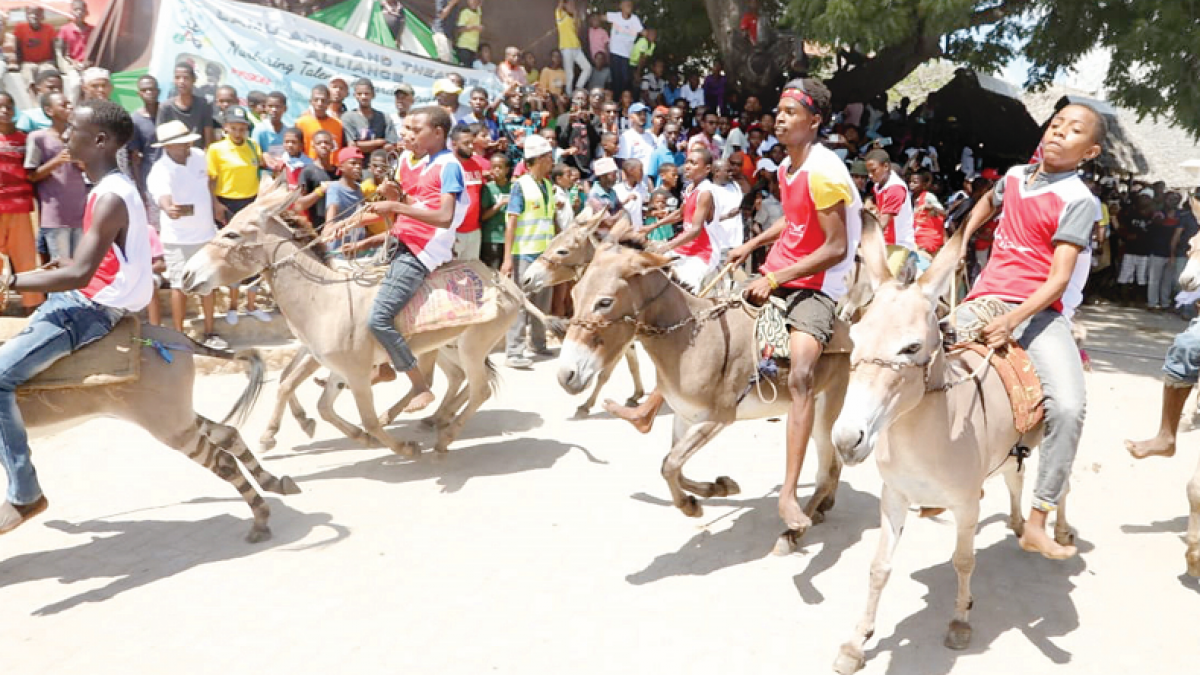
Donkey racing at the Lamu Cultural Festival. Photo by People Daily
Besides food, architecture, and dhow races, donkey racing takes precedence at the festival. Donkeys hold a cultural significance here as a main source of transport of goods in the villages.
What Is The Maulid Festival?
The Maulid festival, also known as Mawlid an-Nabi or simply Mawlid, is an Islamic festival commemorating the birth of the Prophet Muhammad. It is celebrated annually in the third month of the Islamic calendar, Rabi’ al-Awwal. The four-day festival typically involves religious recitals, devotional prayers, and public processions. It signifies a time for feasting, gift-giving, and cultural performances.
Conclusion
Lamu’s natural beauty is just as appealing as its historical riches. Sun-seekers and lovers of water sports find an exquisite haven in Manda Bay, with its immaculate beaches and blue waters. Marine life abounds in the vivid coral reefs and verdant mangroves. Essentially, Lamu Cultural Festival amplifies the Swahili people’s resilience and commitment to maintaining their cultural identity. Much more; it projects a desire to share the Swahili legacy with the world.


